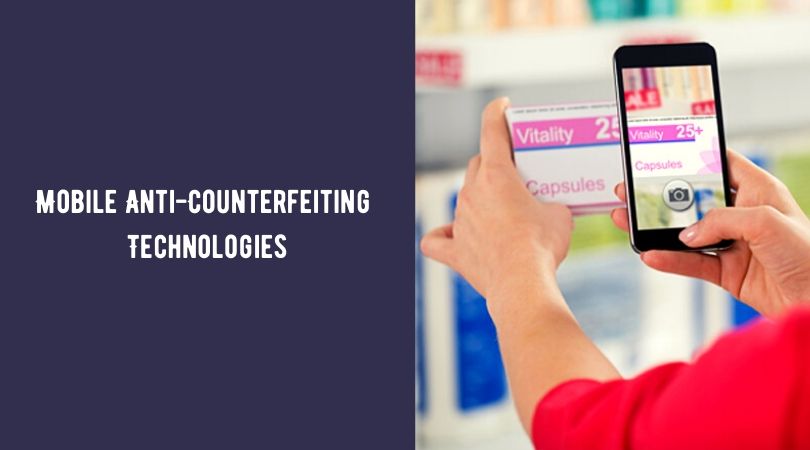
At the end of 2013, several large media outlets reported that a new information service will be launched soon. This will be a barcode database for identifying medicines. Now people who buy the medicine will be able to access this database. To obtain information about the medicine, you will need to use a special free application installed on your smartphone. With this application, the user will be able to scan the barcode of the drug, and then get its full description, properties, purpose, i.e. a kind of electronic instruction. Also, the application user will be able to determine the authenticity of the medicine. Counterfeiting of drugs is an extremely profitable illegal business. Tens of billions of dollars are spinning on the fake market, and up to 200 thousand people die from the action or inaction of counterfeit products. It is difficult to say what percentage of fake drugs is present on the pharmaceutical market. The official data with the conclusions of some experts vary greatly, they call numbers from 0.1 to 12%.
Smartphone apps that work like a barcode scanner have been around for a long time. With their help, you can also find information on the Internet about an integrating product. Obviously, a single database will have several advantages over the “dump” sites with information about a particular medicine. For example, immediately after scanning the barcode, you will get access to the information about the medicine, and not just a bunch of links on the Internet. However, we would like to question the effectiveness of determining the authenticity of a drug using this application. It is planned that the packaging for the medicine can be compared with the original photo from the database. Of course, in some cases this method will be effective, but imitation of package sizes and colors is unlikely to be very difficult for manufacturers of counterfeit products.
In developing countries such as India, Kenia, Nigeria and some others, where the problem of the presence of fake drugs on the market is particularly acute, there has been a different verification methodology for several years. Each packaging of the medicine contains a sticker with a protective strip. If a person wants to verify the authenticity of the medicine, he or she must erase the protective strip and send an SMS with the code below it to a special number. If such a code is not found in the database, a person will get an SMS with a hotline number, which can be used to report a fake medicine.
